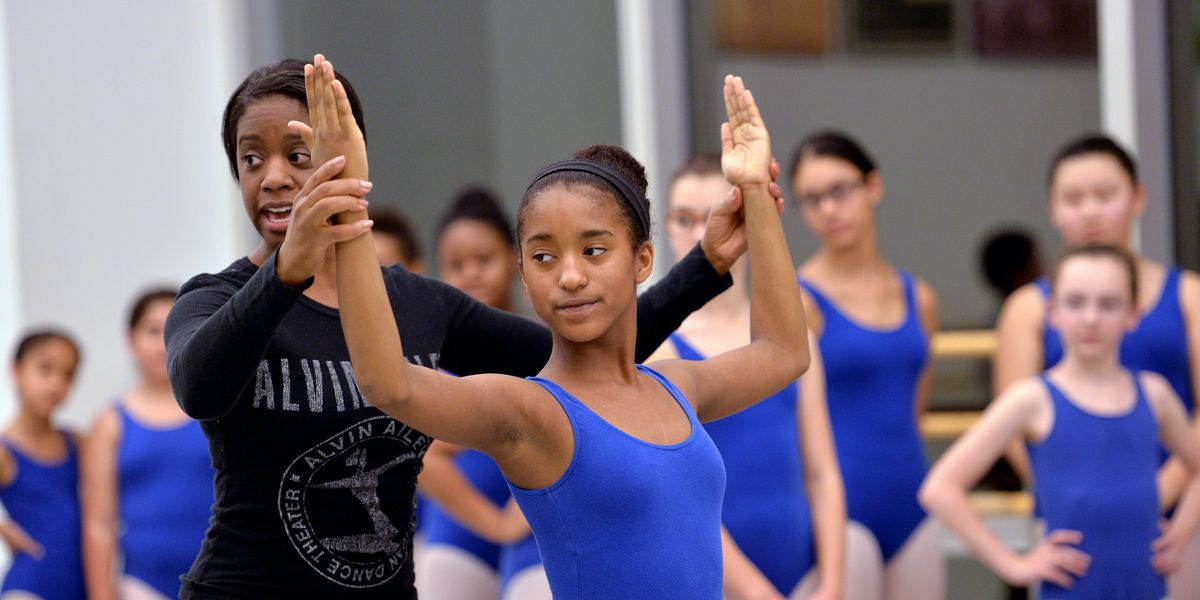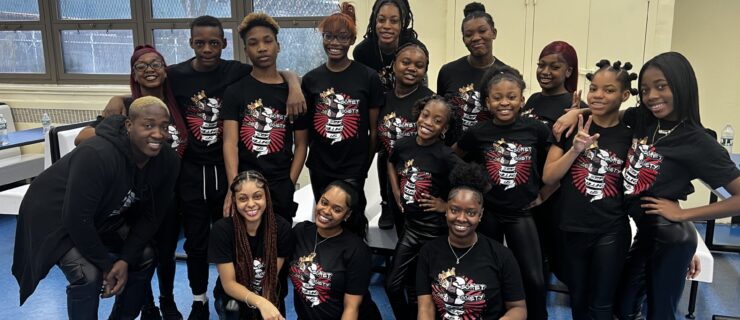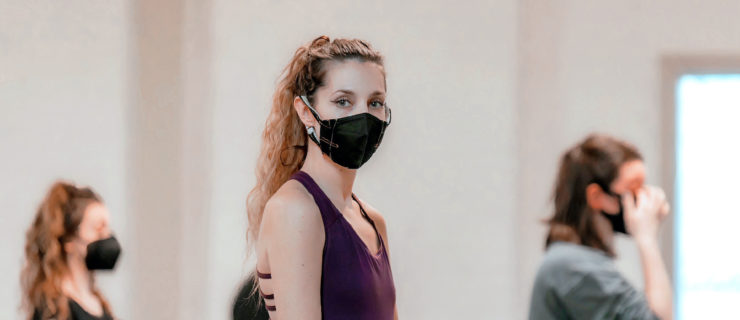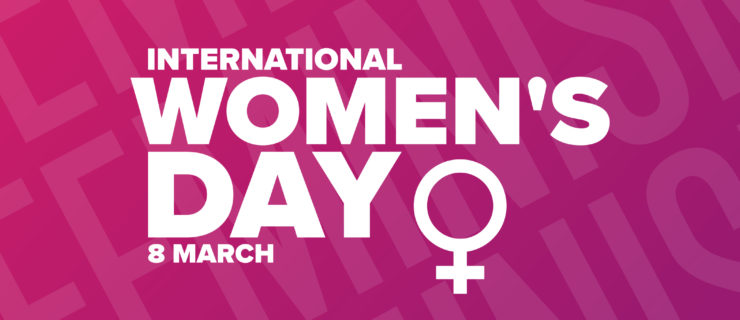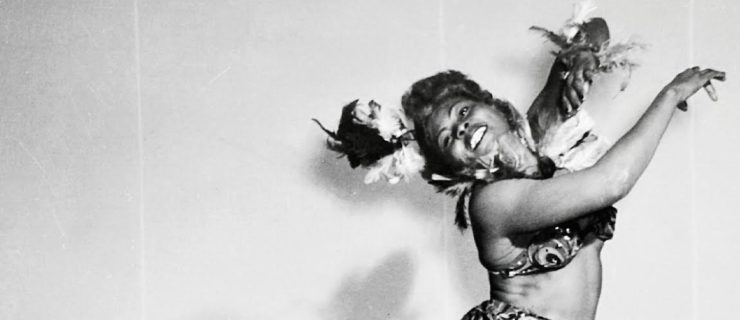How to Be a Better Ally to Your Black Dance Friends
If you are a non-Black dancer, you likely want to be an ally to Black dancers, but you might not know where to start. You might even be thinking, “What does it mean to be an ally?”
Allyship, says Melanie Person, co-director of The Ailey School in NYC, is “the process by which people build trusting relationships with those who are different from them. Allyship is an opportunity to offer encouragement and support to your peers by acknowledging that all opinions and voices matter.”
If you are a non-Black dancer who wants to be a supportive of your Black peers, here are some ways you can show up.
Do some research on your own.
Take some time to examine the ongoing plights that Black people face in this country. This knowledge will help you recognize when a comment or action that happens in the studio is problematic. Such information, says J. Bouey, a dancer with Bill T. Jones/Arnie Zane Company and founder and co-host of The Dance Union Podcast, is easily accessible, because “Black folx in this country have done a miraculous job of documenting our oppression.”
You don’t need to ask your Black friends what it’s like to be oppressed—doing so puts undue emotional labor on them—when so many resources are readily available. Use Google to find books, films, music, poems, lectures, and more that can help give you insight into the evil of white supremacy. Your research will also help you acknowledge “the historical context upon which assumptions and biases are made about marginalized groups,” Person adds.
In addition to doing your own research—we encourage you to check out the resources Dance Spirit compiled in the wake of the murder of George Floyd by Minneapolis police—here are some dance works you should watch to deepen your understanding of the effects that racist systems in our country have had, and continue to have, on Black people.
-
The Under Way
by Rena Butler -
Untitled America
by Kyle Abraham -
Revelations
by Alvin Ailey -
The Minstrel Show Revisited
by Donald Byrd -
BLACK GIRL: Linguistic Play
by Camille A. Brown -
Mr. TOL E. RAncE
by Camille A. Brown - “Diary of a Tap Dancer, V.6: Us,” a dance film by Ayodele Casel
- “There Is No Standing Still,” a dance film by Alonzo King
Listen to your Black dance friends. And believe them.
Our experiences as dancers and as people are all different, so be open to—not dismissive of—the lived experiences your Black dance friends might share with you. This means, above all, that you must “listen to what Black dancers are saying,” says Andrea Markus, an adjunct professor at Marymount Manhattan College and an Administrative Fellow in the dance education program at Columbia University’s Teachers College. “Listen to their stories: the good, the bad, the ugly.”
Your discomfort with or shock about the inequity of their experiences does not mean those experiences are not real. As an ally, it is your responsibility to believe what they’re saying, no matter how difficult it may be to accept. Know that, yes, even your Black dance friends have encountered racism, in and outside of the studio. As you listen, try to understand why these experiences are so damaging. This way, you don’t repeat or condone the causes in the future.

The Ailey School Junior Division students in ballet class (Eduardo Patino, courtesy The Ailey School)
Check in on your Black dance friends, especially (but not only) in divisive national moments.
Following the slew of high-profile murders of Black people by police this year, social media was flooded with graphic images and videos. For Black people, who may see themselves in these victims, this can be scary and overwhelming, despite the ostensibly noble intention of those posting to raise awareness.
As an ally, you’ll want to check in on your Black friends, especially at such times. A simple “How are you?” or “What do you need?” will go a long way, but you should also be prepared to act on their responses. Don’t ask unless you’re truly prepared to help. Listening to and affirming their feelings and concerns is a simple yet powerful action you can take.
Report problematic incidents to teachers or parents if you don’t feel comfortable speaking up.
If a fellow dancer says or does something you feel is racially-motivated, but you don’t feel comfortable or confident enough to step in to condemn the situation, tell your teachers about what happened. By involving them, Person says, “you gain the support of the administration so that all populations of students feel acknowledged, heard and cared for during difficult and challenging times.”
One reaction that doesn’t require you to speak to or otherwise engage with the aggressor is to simply take your Black dance friend out of that situation. They will appreciate knowing you see them.
